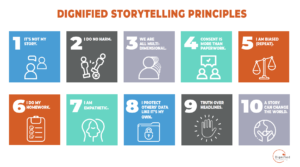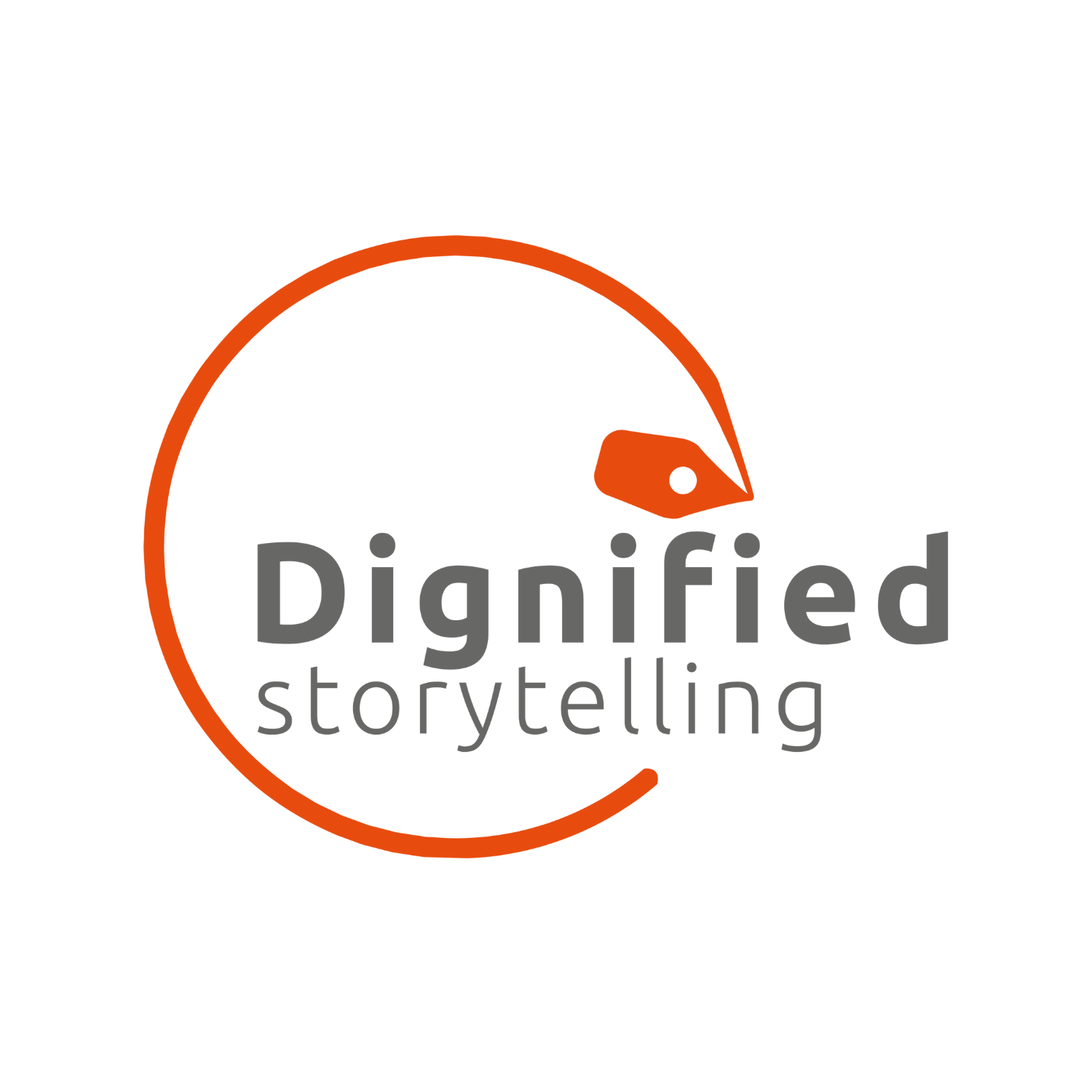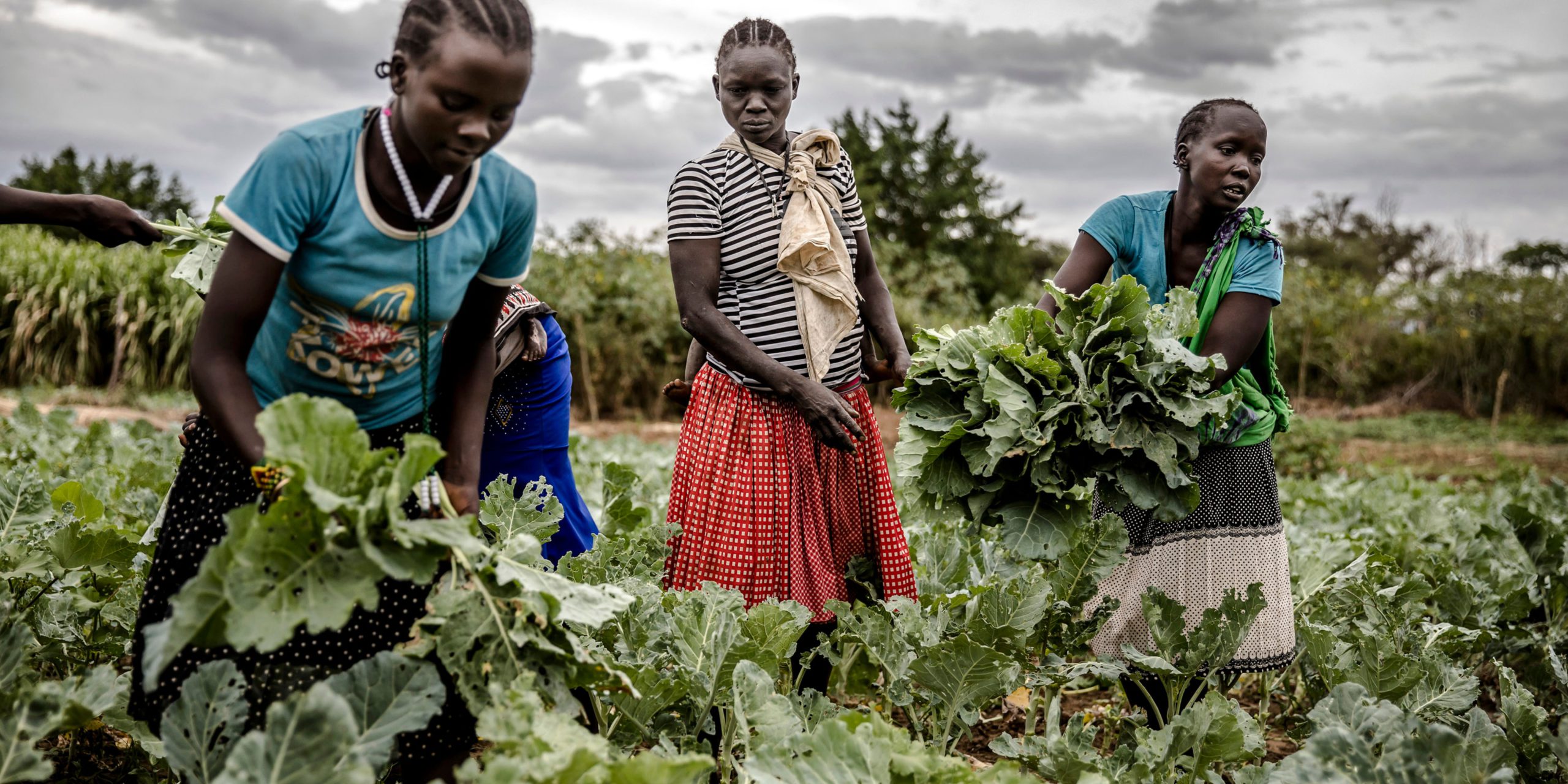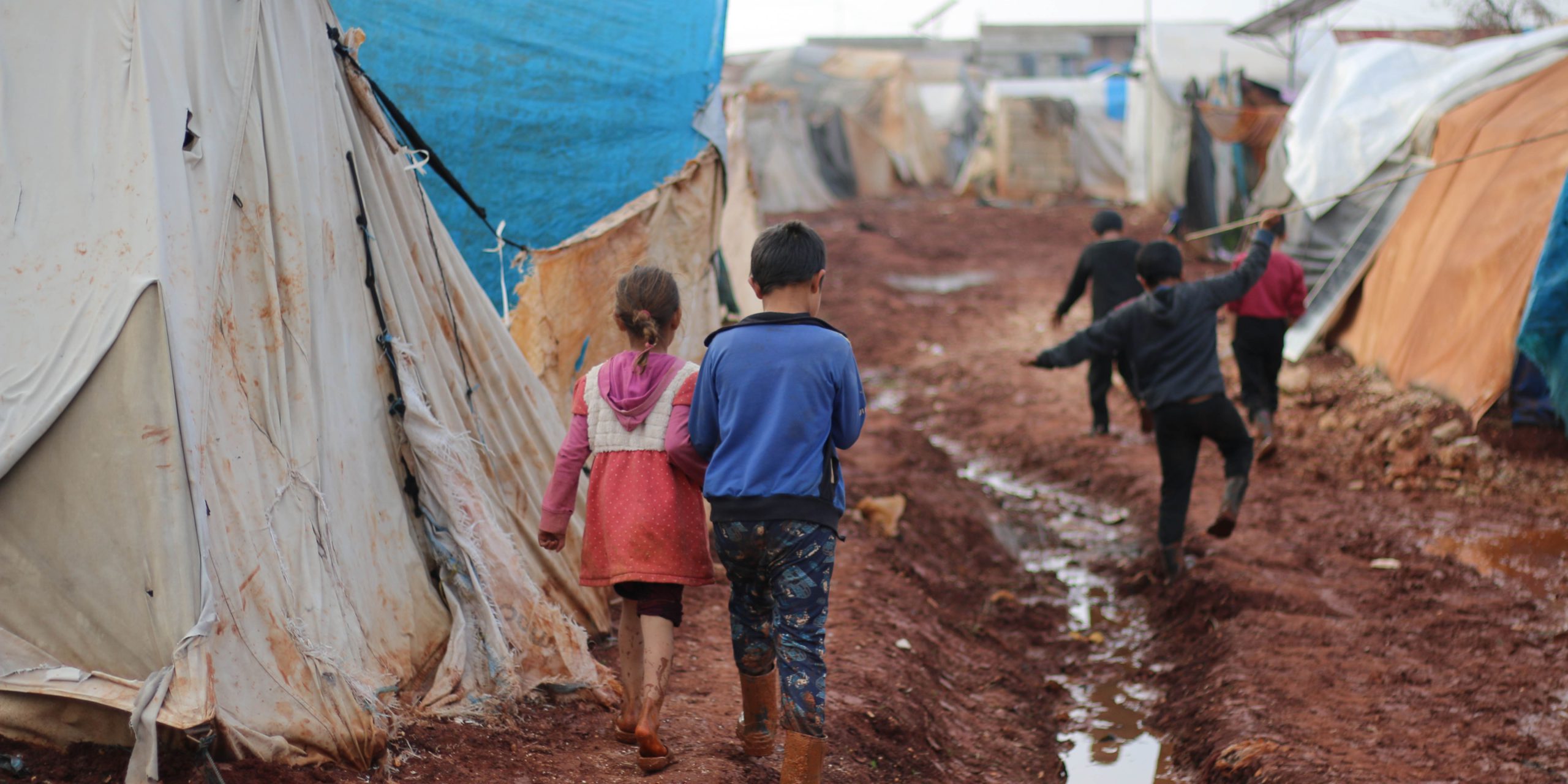
Ethical Storytelling as a Decolonizing Practice
Storytelling is much more than a tool for communication. The stories we tell and how we tell them are the basic building blocks of belief, culture, and community. This article explores Ethical Storytelling as a practice, mindset, and toolkit that can (and must) be a powerful part of building a more diverse, equitable, inclusive not-for-profit and impact sector. We all have the capacity to craft stories and weave systems of culture and behavior….what will we do with that power?







